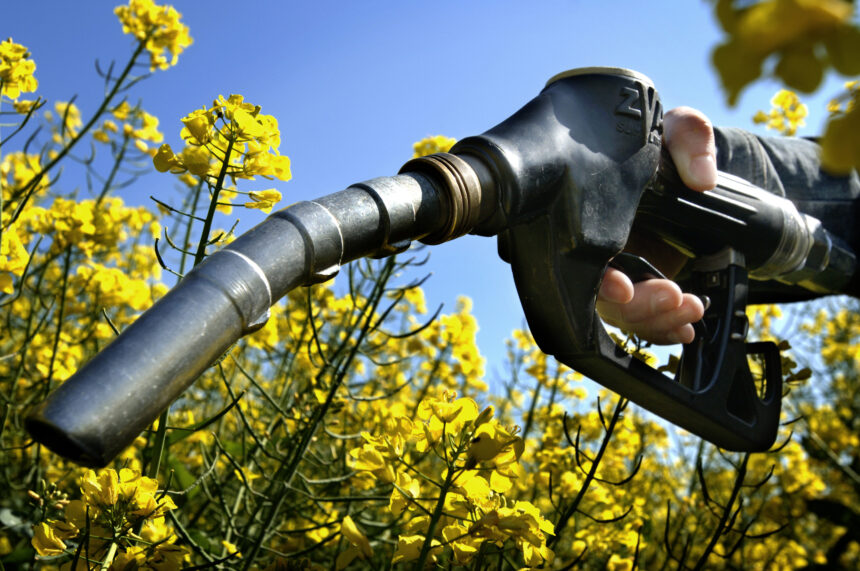10 Things You Should Know About Biofuel Production In South AfricaChatGPT
- Biofuel production in South Africa is primarily focused on the production of ethanol and biodiesel. Ethanol is mainly derived from maize (corn) and sugar cane, while biodiesel is typically produced from vegetable oils, such as sunflower and soybean oil.
- The South African government has implemented various policies and incentives to promote biofuel production in the country. These include the Biofuels Industrial Strategy, which aims to support the development of a sustainable biofuels industry and reduce reliance on fossil fuels.
- The majority of biofuel production in South Africa is used for blending with traditional fossil fuels, such as gasoline and diesel. This helps to reduce greenhouse gas emissions and enhance energy security by diversifying the country’s energy sources.
- The production of biofuels in South Africa has the potential to create economic opportunities, particularly in rural areas. It can contribute to job creation, support agricultural development, and provide new markets for farmers.
- South Africa has favorable climatic conditions for biofuel crops, particularly in the agricultural regions of the Eastern Cape, KwaZulu-Natal, and Mpumalanga. These areas have suitable rainfall patterns and fertile soils, which are conducive to growing feedstock crops for biofuel production.
- The cultivation of biofuel feedstock crops, such as maize and sugar cane, has raised concerns about potential competition with food production. To address this issue, South Africa has implemented strict regulations to ensure that biofuel crops do not compromise food security or result in land-use conflicts.
- The sustainability of biofuel production in South Africa is an important consideration. It is essential to ensure that biofuel feedstock crops are cultivated using environmentally friendly practices, such as responsible water usage, soil conservation, and the preservation of biodiversity.
- Research and development efforts are underway to explore alternative feedstock options for biofuel production in South Africa. This includes investigating the use of non-food crops, such as algae, as well as waste and residue streams from agricultural and industrial processes.
- The South African government has set a target to achieve a 2% blending ratio of biofuels in transportation fuels by 2025. This goal is part of the country’s commitment to reducing greenhouse gas emissions and promoting sustainable development.
- Collaboration between the government, private sector, and research institutions is crucial for the growth and advancement of the biofuel industry in South Africa. This includes supporting research and innovation, fostering partnerships, and providing financial incentives to attract investment in biofuel production infrastructure.
Join 'Farmers Mag' WhatsApp Channel
Get the latest Farming news and tips delivered straight to your WhatsApp
CLICK HERE TO JOIN






